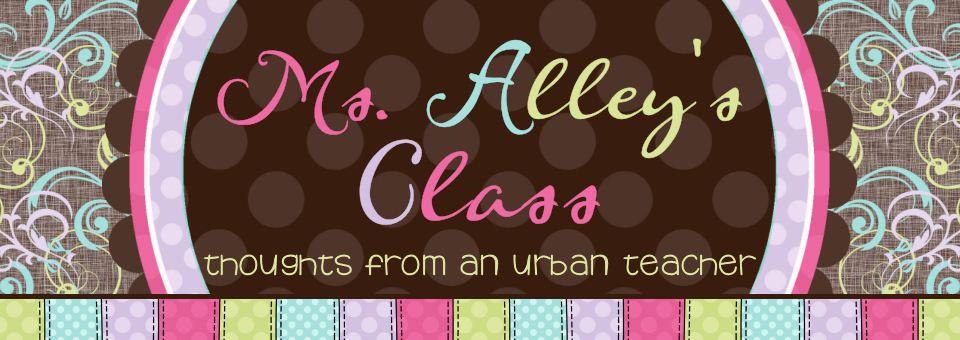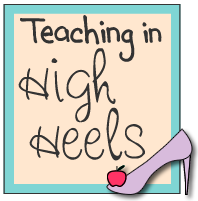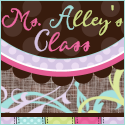If you read my previous post about getting to spend the week with Stephanie Harvey and Smokey Daniels, you know exactly why this was the best week ever! Can I just say, Steph hugged me twice! I was really so lucky to have had this opportunity - I soaked up every word they said. If you ever have the chance to hear either of them speak - DO IT - it will not disappoint.
Ok...on to what they said and what I learned.
- Kids need to read, read, read. This point was drilled into my head from start to finish. The number one thing that makes kids improve their reading, is reading. This may seem so obvious, but think about your daily schedule. My students have at most 40 minutes a day to be actually reading. Many days, it may only be 20 (read to self). I need to find ways to increase that number. How? I am going to immediately get rid of non-reading activities during the literacy block and try to incorporate more reading into science and social studies.
- Comprehension = constructing meaning...which is at the core of every single thing we do as humans every single day. So, our teaching should be no different. Therefore, we need to teach comprehension strategies explicitly (monitoring reading, connections, visualize/infer, ask questions, determine importance, synthesize). This is so important. After all, comprehension strategies are really just thinking strategies (we rely on them when we have a conversation, listen to a speaker, view an image, write...). Steph recommends using the workshop model to do this, but it is not a must. If you have not heard of or used the Comprehension Tool Kit - it is a fantastic resource. I've been using lesson ideas from the tool kit for 4 years, so I'm not just saying that :)
- Collaboration. This is Smokey's baby...the combination of teaching the comprehension strategies with explicitly teaching collaboration strategies will get us the results we want with kids talking about books (book clubs/ lit circles) and being able to respond to and think about texts with others (not to mention just work with others in general). Some examples of these strategies are: "share the air," "piggybacking," "inviting someone into the conversation," "how to get back on task when the group has gotten distracted," "active listening," and the list goes on. This completely blew my mind and I will be implementing some of these strategies right away!
- Inquiry. A lot of us have heard this word thrown around in education PDs for awhile now, especially when it comes to teaching science. What I saw this week at Burley Elementary was nothing like I'd ever seen before. I had the pleasure of watching Kristin Ziemke, a first grade teacher, during her "research workshop." Research workshop is how she teaches science and social studies (she alternates 5 weeks of each). This week, her class was in the immersion phase of the inquiry process (in which they were studying Africa).
An inquiry goes through 4 stages: immersion, asking questions and investigating, coalescing, and going public. The immersion phase is when (from what I understand - I wish Kristin was here to make sure I am telling it right) students are gathering up as much information as possible in order to begin asking questions. During the investigating phase, students are researching with a question in mind, but at the same time, this is when the teacher is making sure students are accessing the knowledge they need to meet the state standards. Students choose a topic they want to go deeper with and the teacher puts students in inquiry circles (based on student interest) to continue researching more specifics. In the coalescing phase, students ask themselves questions like, "so what?" "why does this matter?" I think it's sort of like a synthesizing phase. Then in Going Public, students are creating their project to share with an audience. Some examples of projects done at Burley (in all grades) are: murals, public service announcements, brochures, i movies, informational books, etc. I think the difference between these types of projects and others I've done is the responsibility on the learner to teach the class or in some cases the school or community at large.
Wow - I feel like I learned so much and I have so much more I could say about these three topics. Please let me know if anyone has questions (that I can try to answer) or wants to hear more about anything. I will try to keep talking about what I learned as I try things out in my classroom!
Hope you all had a great weekend!!!!!
-

















































































